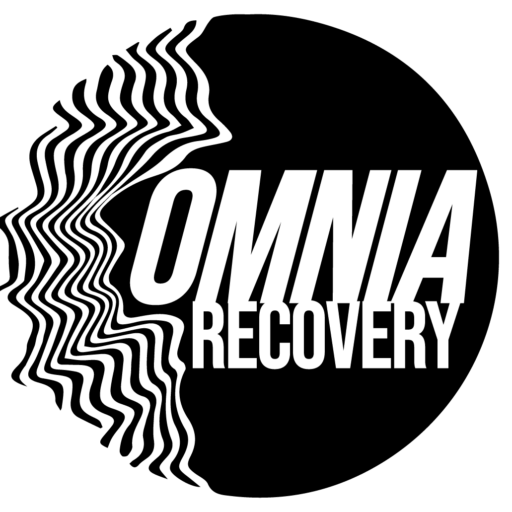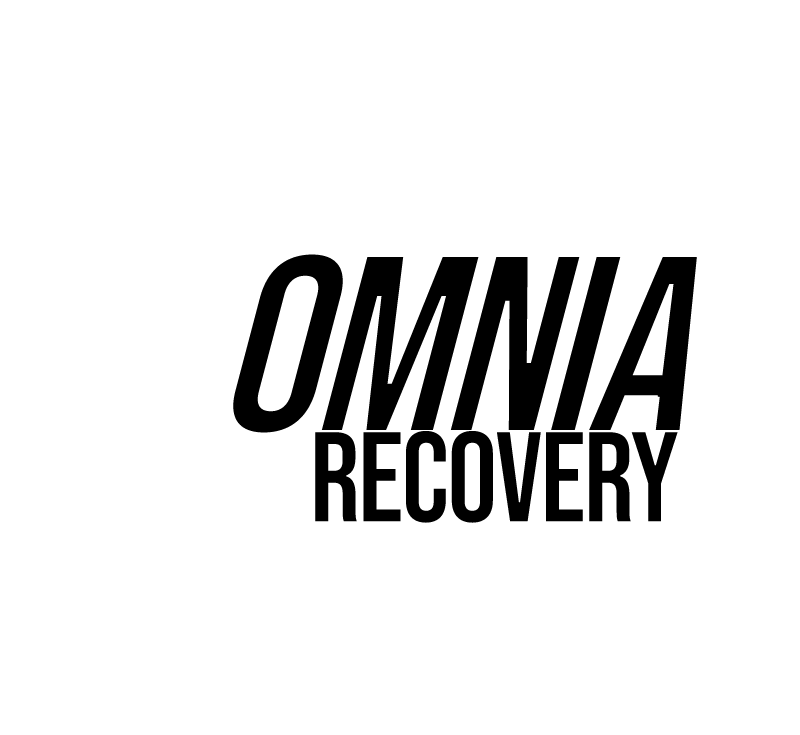Seeking help for addiction is a courageous and transformative decision, yet many individuals hesitate due to feelings of shame and fear of societal stigma. At Omnia Recovery, we understand the challenges associated with overcoming these barriers and are committed to fostering a supportive environment where individuals feel empowered to seek the help they deserve.
Understanding Shame and Stigma
Shame and stigma are pervasive societal attitudes that can have detrimental effects on individuals struggling with addiction:
- Shame: Feelings of shame often arise from internalized judgments and negative beliefs about oneself. Individuals may feel unworthy, defective, or flawed due to their addiction, which can lead to self-isolation and reluctance to seek help.
- Stigma: Stigma refers to societal stereotypes and discrimination against individuals with substance use disorders. Stigmatizing attitudes perpetuate misconceptions, hinder access to treatment, and contribute to feelings of hopelessness and despair.
Impact on Help-Seeking Behaviors
The fear of shame and stigma can significantly impact help-seeking behaviors for addiction:
- Delayed Treatment: Individuals may delay seeking treatment due to concerns about judgment from others or fear of being labeled as “weak” or “morally flawed.”
- Isolation and Secrecy: Shame often leads to isolation and secrecy, as individuals withdraw from social interactions to avoid judgment or scrutiny.
- Lack of Support: Stigma can deter individuals from reaching out for support, resulting in limited access to resources and treatment options.
Strategies for Overcoming Shame and Stigma
Overcoming shame and stigma requires self-compassion, education, and resilience. Here are effective strategies to navigate these challenges:
- Educate Yourself: Understand that addiction is a complex disease rooted in biological, psychological, and environmental factors. Educate yourself about addiction to challenge misconceptions and combat stigma.
- Practice Self-Compassion: Replace self-judgment with self-compassion. Acknowledge that addiction does not define your worth or identity. Embrace self-forgiveness and prioritize self-care throughout your recovery journey.
- Seek Support: Surround yourself with supportive individuals who prioritize empathy and understanding. Engage with peer support groups, therapy sessions, and community resources that foster a sense of belonging and acceptance.
- Challenge Stigmatizing Beliefs: Challenge stigmatizing beliefs by sharing your story and advocating for addiction awareness and acceptance. By speaking openly about your experiences, you contribute to reducing stigma and empowering others to seek help without shame.
- Focus on Personal Growth: Shift your focus towards personal growth and recovery milestones. Celebrate progress, no matter how small, and embrace a positive outlook on your journey towards healing.
At Omnia Recovery, We’re Here to Support You
At Omnia Recovery, we recognize the importance of addressing shame and stigma in addiction recovery. Our compassionate team provides judgment-free, evidence-based treatment and support services designed to empower individuals to overcome obstacles and reclaim their lives.
If you’re struggling with shame or stigma in seeking help for addiction, know that you’re not alone. Reach out to us today to learn more about our comprehensive programs and how we can assist you in your journey towards recovery.




